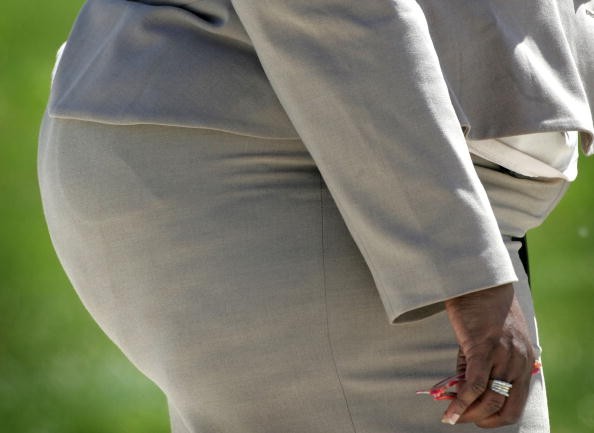
Women who have had weight-loss surgery and who then become pregnant have fewer risks during those pregnancies than do obese women who have not had such surgery. However, they still have some risks not seen in women who haven't had such surgery.
Weight loss surgery, also called bariatric surgery, is becoming popular, which means more women who have had such surgery will become pregnant afterward. There are an estimated 72,000 women of child-bearing age who have had bariatric surgery. At the same time, about one third of all women who become pregnant in the United States are obese. Obesity during pregnancy can cause problems such as gestational diabetes, pre-eclampsia, stillbirth, and babies who are premature, or smaller or larger than normal.
To see whether problems occur in women who have had weight-loss surgery, Swedish researchers looked at the medical records of 670 women became pregnant after having undergone weight loss surgery. Almost all the women had undergone gastric bypass surgery, which reduces the size of the stomach, rather than lap band surgery. The researchers then matched each of these women with up to five women who were the same weight as she had been before her bariatric surgery. They found that women who had had surgery were about 30% as likely to develop gestational diabetes and about 40% as likely to have overly large babies.
There was no significant difference in rates of premature births or babies with birth defects. However, women who had surgery were twice as likely to have babies who were small for their gestational age, which may mean that women who have had bariatric surgery need better nutritional support during pregnancy. There were more babies who were stillborn or who died within a month after birth, but there were few such cases in either group and this may be a matter of chance, the study said.
The study was published in the New England Journal of Medicine.



